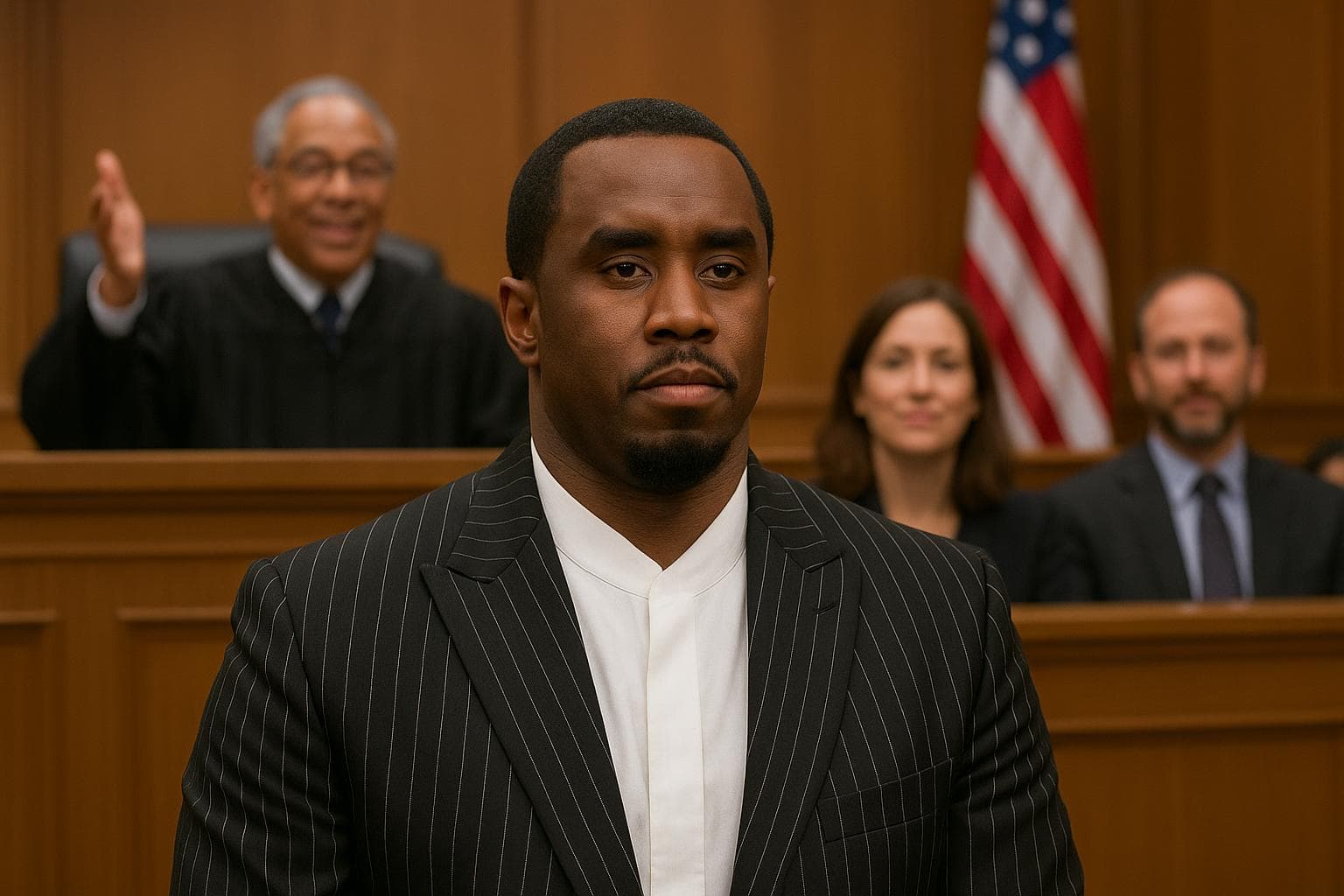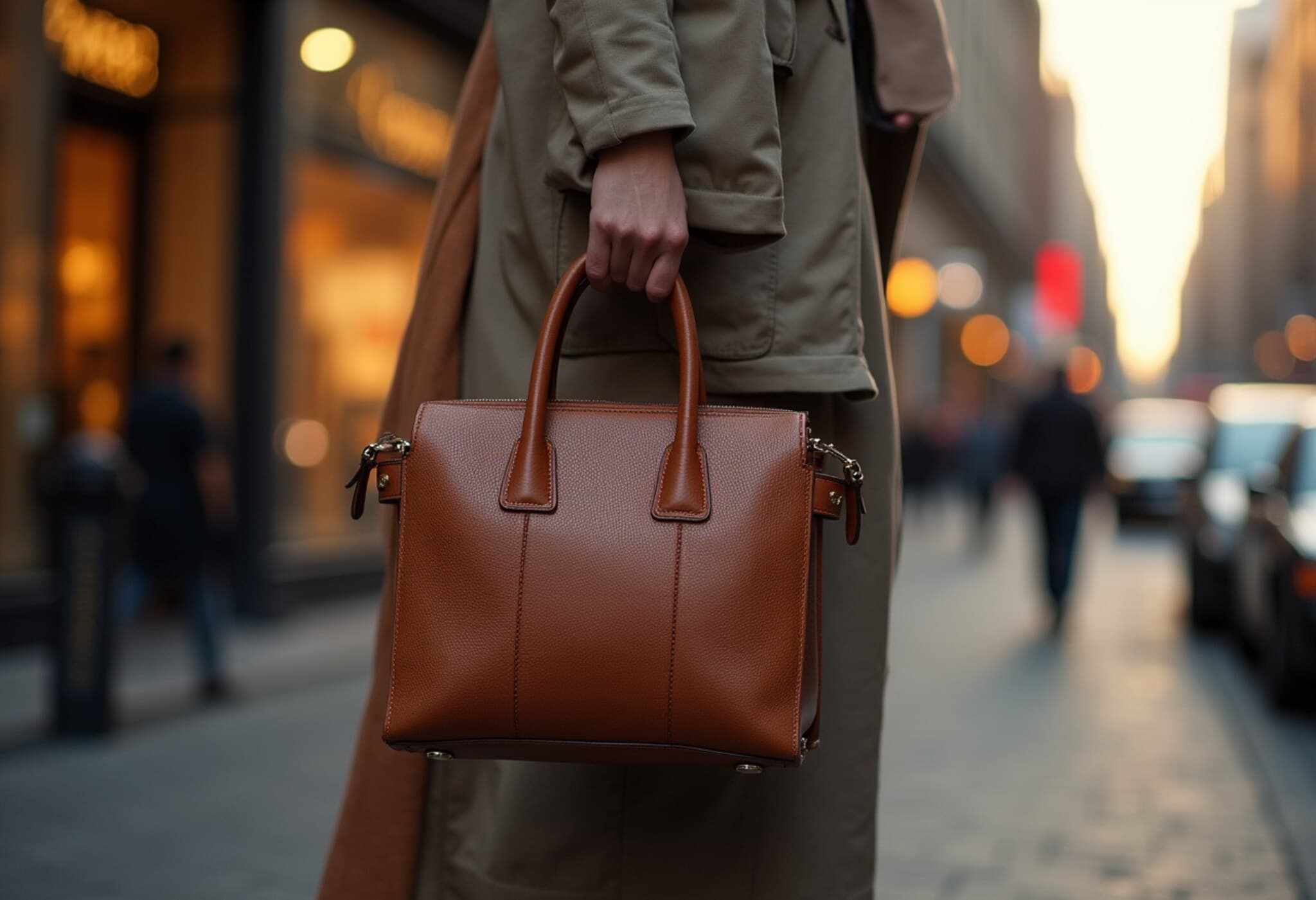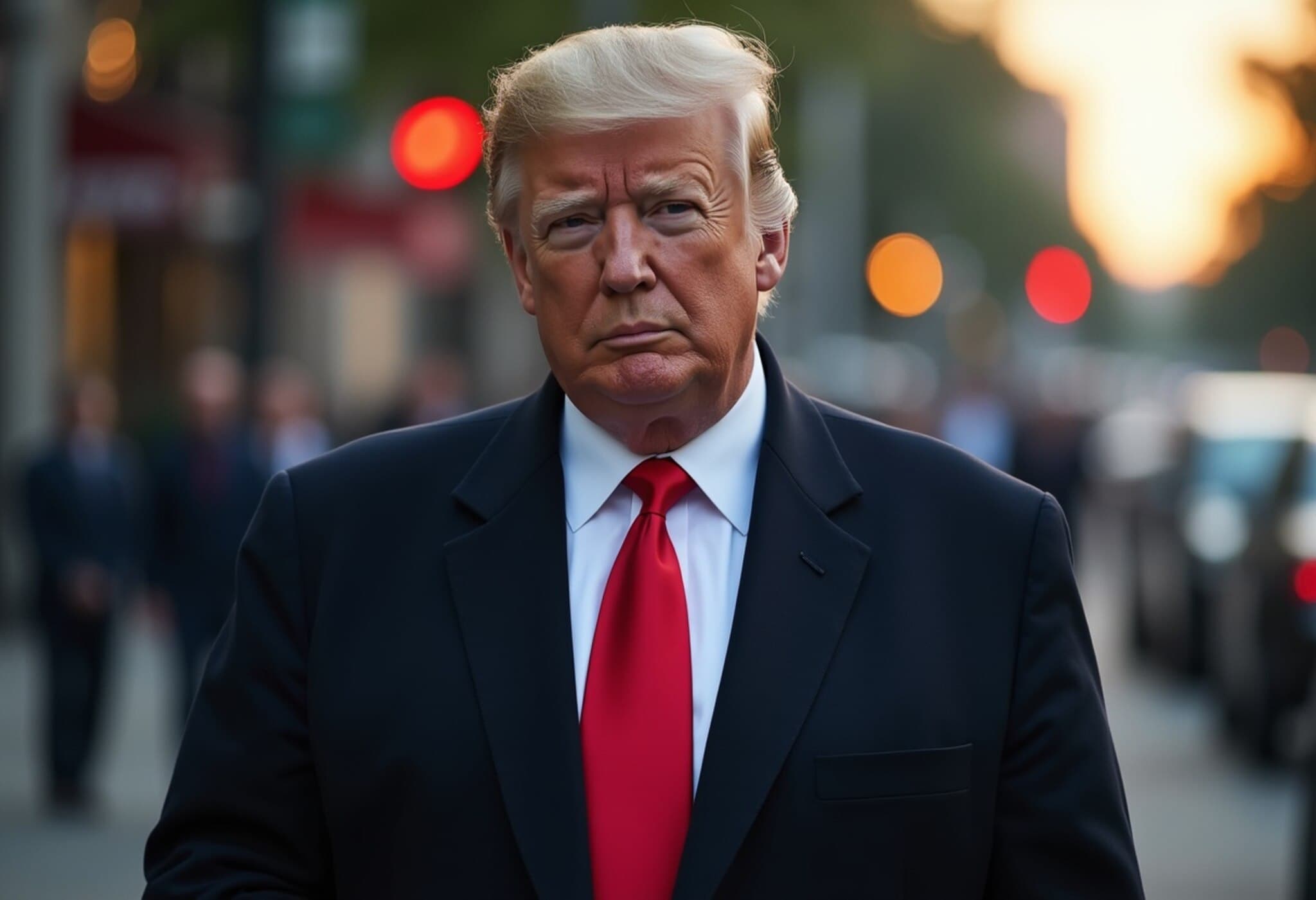Whistleblower Unveils Troubling Workplace Culture at Moët Hennessy
In a spotlight-grabbing lawsuit, Maria Gasparovic, formerly chief of staff at Moët Hennessy, the renowned luxury wine and spirits division of LVMH, has accused the company of fostering a deeply sexist and toxic workplace environment. Her allegations of sexual harassment, gender discrimination, and retaliation after reporting misconduct have not only ignited controversy but also shed light on pervasive issues within the luxury conglomerate that owns iconic brands such as Louis Vuitton.
Details of the Allegations and Fallout
Gasparovic contends that after she raised concerns about sexual harassment within Moët Hennessy, she became the target of unfounded sexist rumours and workplace denigration. Shockingly, she alleges that the then-CEO, Philippe Schaus, instructed human resources to investigate her private life—suspecting an affair with another executive—rather than addressing the misconduct claims. Mere months later, Gasparovic was terminated, alongside her partner Mark Stead, the company’s chief operating officer, who has filed a separate lawsuit against Moët Hennessy.
Accounts of a 'Boys Club' Environment
Reports from employees and investigative journalism by the Financial Times depict a workplace plagued by bullying, gossip, and toxic management behaviors. Former staff describe loud, intimidating leadership reminiscent of outdated corporate cultures that have no place in a 2025 work environment. A disturbing claim from Gasparovic includes her direct superior suggesting she needed "anti-seduction coaching" to climb the ranks, and recounting a derogatory client comment about her.
Further corroborating these accounts, as many as 20 staff members reportedly took long-term leave citing stress and burnout, with many ultimately leaving the company. Multiple women have since come forward, some joining Gasparovic in legal action, highlighting patterns of mistreatment often ignored by management.
Corporate Response and Wider Implications
LVMH has countered with a defamation lawsuit against Gasparovic, underscoring the tension between whistleblowers and corporate power players. The case raises pressing questions about transparency, accountability, and gender equity within luxury conglomerates that wield significant influence across global markets.
This controversy isn't isolated; it reverberates through industries that historically undervalue workplace inclusivity, especially in elite retail and luxury sectors. Labor experts emphasize the importance of independent investigations and robust policies to dismantle toxic cultures harmful to employees' mental health and career progression.
What This Means for the American Market
Given LVMH’s extensive operations in the United States, including retail locations and production partnerships, these revelations may prompt greater scrutiny from regulatory bodies such as the Equal Employment Opportunity Commission (EEOC). It also serves as a crucial reminder for American companies to champion safe workplaces transparently or risk reputational and legal consequences.
Looking Ahead: Shifts in Luxury Brand Leadership Culture
This lawsuit could act as a catalyst, compelling luxury brands worldwide to reevaluate leadership attitudes and human resource practices. With consumers increasingly prioritizing ethical business conduct, the luxury industry’s survival depends on genuine transformation rather than mere damage control.
Editor’s Note
The Moët Hennessy case exposes a profound conflict between traditional luxury brand mystique and modern workplace values. As the industry confronts allegations of sexism and toxic culture, it invites us to ask: How can storied companies evolve to safeguard dignity and fairness, remaining relevant without compromising their celebrated heritage? This unfolding story not only impacts LVMH and its employees but also serves as a touchstone for broader conversations about corporate ethics in the 21st century.












